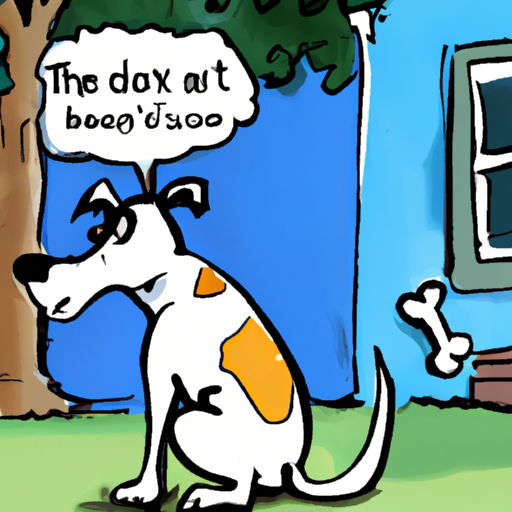As a caregiver, you’re bound to notice some peculiar behavior from your canine companions. One such behavior is their tendency to hide their treats. This article will dive into the reasons behind this behavior and provide insights on how to handle it.
H2: Understanding Your Dog’s Instincts
Dogs, like their wolf ancestors, are natural scavengers. Even though your furry friend has a cozy bed and a bowl full of food, their instincts can still kick in. Here’s why:
- Survival Instinct: In the wild, food is not always guaranteed. Dogs would bury their food to hide it from other animals, ensuring they have a stash when food is scarce.
- Hunting Instinct: Dogs enjoy the thrill of the hunt. By hiding their treats, they’re creating a ‘hunt’ for later.
H2: Behavioral Aspects
Yes, instincts play a big part, but sometimes it’s just about behavior. Let’s explore:
- Boredom: Dogs, especially active breeds, need mental stimulation. Hiding treats can be an engaging activity.
- Overfeeding: If your dog is full but still has treats left, they might hide them for later.
H2: What Your Dog’s Hiding Habits Tell You
Your dog’s hiding habits can provide valuable insights into their well-being and personality:
- Anxiety: Dogs may hide treats if they feel insecure or threatened about their food source.
- Dominance: Some dogs hide treats to establish dominance over other pets in the house.
H2: How to Respond to Your Dog’s Hiding Habit
As a caregiver, it’s essential to respond appropriately to your dog’s behavior. Here are some guidelines:
- Avoid overfeeding your dog.
- Provide mental and physical stimulation.
- If the behavior seems linked to anxiety, consider consulting a vet or a pet behaviorist.
| Action | Outcome |
|---|---|
| Overfeeding | May increase hiding behavior |
| Mental stimulation | Can reduce boredom-related hiding |
| Consultation | Helps address anxiety-related issues |
H2: FAQ
Q: Should I stop my dog from hiding treats?
A: Not necessarily. It’s a natural behavior. Just ensure it’s not linked to anxiety or overfeeding.
Q: Can I use this habit for training?
A: Yes, hiding treats can be used for scent-detection training or games.
Q: My dog is hiding treats, but doesn’t eat them later. Why?
A: It could be that they’re full or the treat is not to their liking. Consult a vet if this behavior persists.
As you navigate the world of pet caretaking, remember that understanding is key. By understanding your dog’s instincts and behaviors, you can ensure a happy and healthy relationship with your furry friend.



